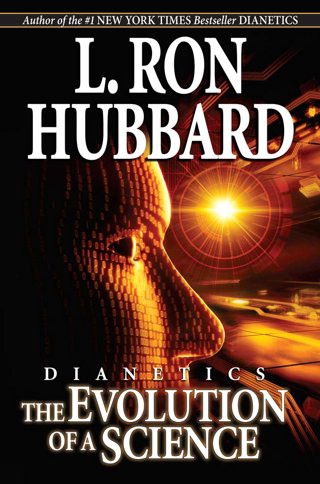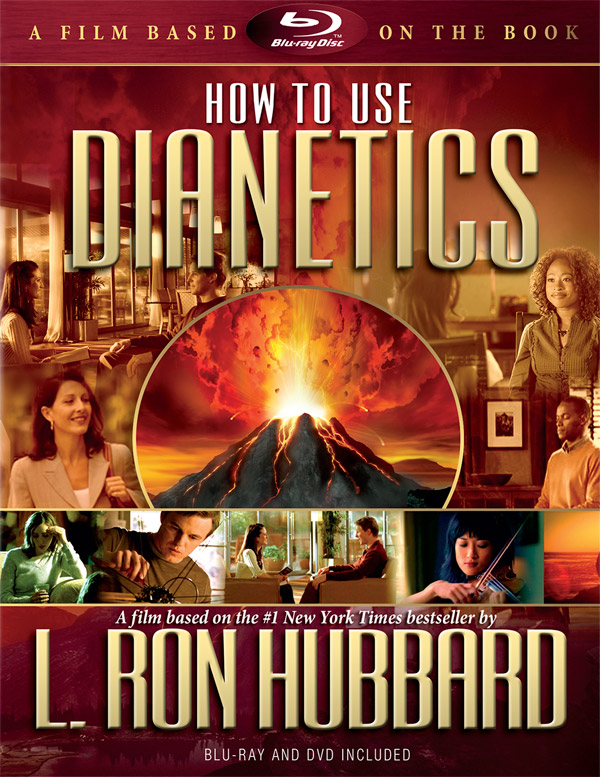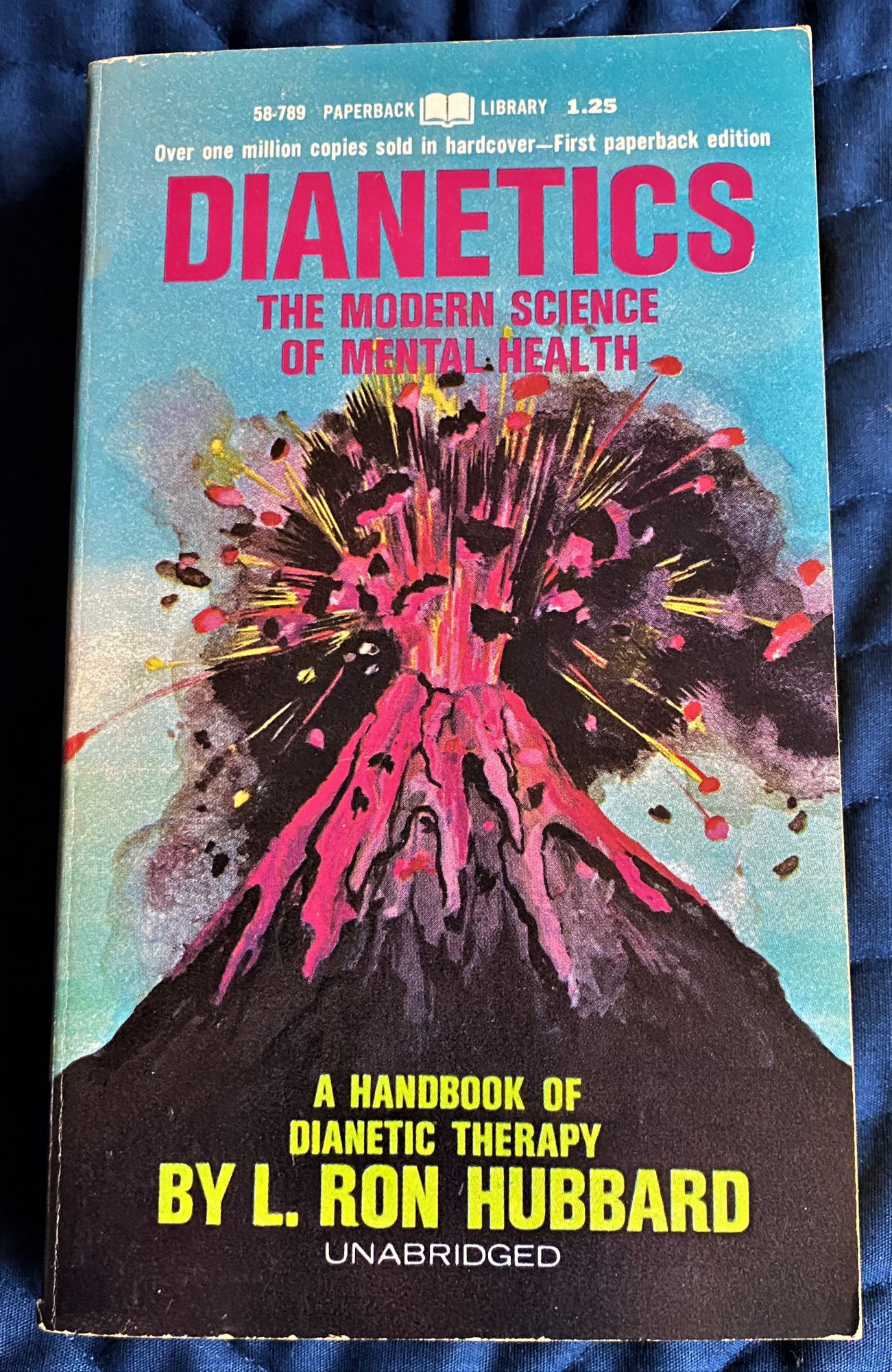A Biased View of Dianetics
A Biased View of Dianetics
Blog Article
9 Easy Facts About Dianetics Described
Table of Contents8 Easy Facts About Dianetics ShownSome Known Questions About Dianetics.6 Easy Facts About Dianetics ExplainedThe Basic Principles Of Dianetics
I could not ever not wish to get anything that comes to mind for you- if it was otherwise, I wouldn't be sitting below with you, doing this. I not only could never have a trouble, or otherwise wish to hear something that comes to mind for you, but I'm entirely excited to know every idea, every idea, every photo or feeling that arises or shows up for you- do not ever assume otherwise, and if for some reason you do, please simply allow me recognize! Occasionally, you may have a thought, and image, concept or case pop up that does not appear to respond to the question, or associate with it, yet nonetheless, always do inform me about it, and as we proceed, the significance will certainly emerge for you.This is fundamental in the basis of handling, and the subject of this discussion: the basic functions of the counselor and the client: The basic duty of the therapist is, in contrast to "typical training", not to control, which means to apply and/or hinder, however to instead work from the basis of EMPOWERING THE CLIENT.

The Ultimate Guide To Dianetics
John Mcmasters revealed this standard fact splendidly well in among his talks on Power processing, in which he explains just how he was asked what this "unique flair" was that he had for providing such excellent sessions; he needed to think of that for a minute, and spotted that it was what he wasn't doing, in addition to what he was doing: he wasn't reviewing, evaluating, computer, or in fact, creating any ideas, allow alone verbal expressions, after providing the command and while awaiting the PC to complete their response to their contentment; he was, just and only, existing with the computer, and totally interested.
The duty of the therapist, demonstrated; that was his "special knack". I have had my own experience which taught me this well, very at an early stage in the game. In 1982, having actually just recently completed my training and teaching fellowship on New Period Dianetics, I was running this on a COMPUTER, and there was a point in the session where (being a little bit damp behind the ears not yet having several hours under my belt as a professional auditor) the computer appeared to be "taking also lengthy" to reveal anything vocally after I offered him a command.
This key transformed out to be the most important contribution that John ever made to the topic of treatment or bookkeeping (Dianetics). In my humble viewpoint, it is the biggest contribution that anyone has ever made to these subjectsthe application is entirely non-judgemental, non-evaluative, and devoid of any idea, suggestions or opinion.no preconceived agenda for individuals, or 'degrees' that they should do
In Scientology we prided ourselves on not evaluating for individuals. All that truly suggested was that the auditor did not Vocally review for the Computer in session.
Not known Facts About Dianetics

Any individual who had actually ever seen John audit can not help however see a distinct top quality in his auditing."The client's standard function is to be there with the objective of relocating the instructions of their spiritual objectives, and to freely and completely reveal and experience whatever materializes for them in addressing the concerns and implementing the guidelines in the handling.
This is something to procedure as required. Yet likewise, people frequently have prior experience and/or indoctrination in auditing/processing which, somehow, and to some levels, actually misinforms them right into attitudes, concepts and behavior patterns that avoid the full understanding of these duties, and so they will often tend to inhibit the expressing of what enters your mind, as in the instances provided over. * The first, and maybe primary examples of mis-indoctrination causing less than totally smooth and efficient sessions, can be located in particular facets of the training routines, or "TR's":"TR's" are frequently a Go Here person's first, or at the very least early, experience in Scientology, and while I will take place to explain what I see as the flaws in idea and practice, however, tend to be significantly restorative, done as they are provided (Hubbard firmly insists that "TR's are not refining, they are training", but factually, they are both handling AND training)
There is no "failing", and no rejection of the fact of this being processing. go to this website The emphasis, as it needs to be, is on experiencing the various other individual's visibility.
Indicators on Dianetics You Should Know

Report this page